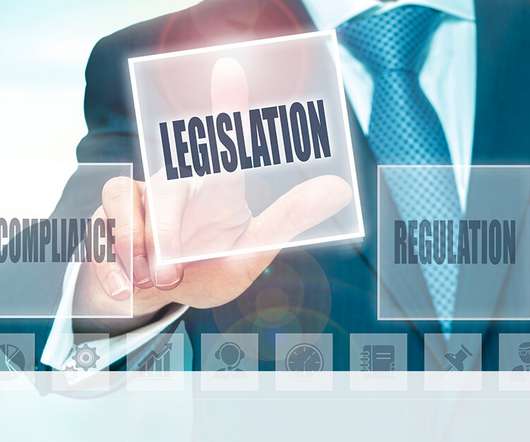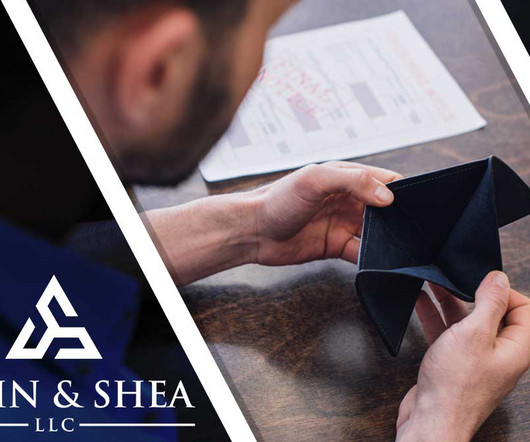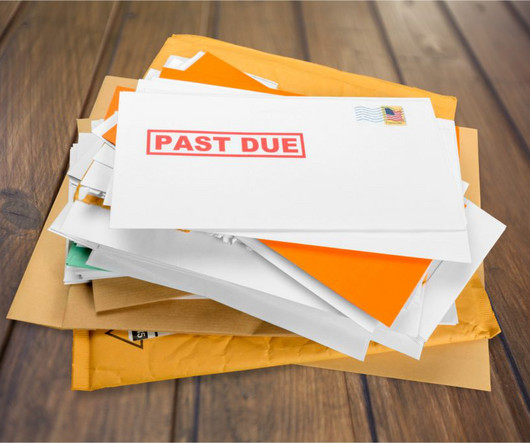Is Debt Settlement Legit?
Titan Consulting
SEPTEMBER 22, 2020
Multiple state and federal agencies strictly regulate the debt settlement industry. All types of debt relief programs come with negative consequences, including non-profit credit counseling and bankruptcy, and will directly or indirectly negatively impact your credit score. State and Federal Regulations for Debt Settlement.



















Let's personalize your content